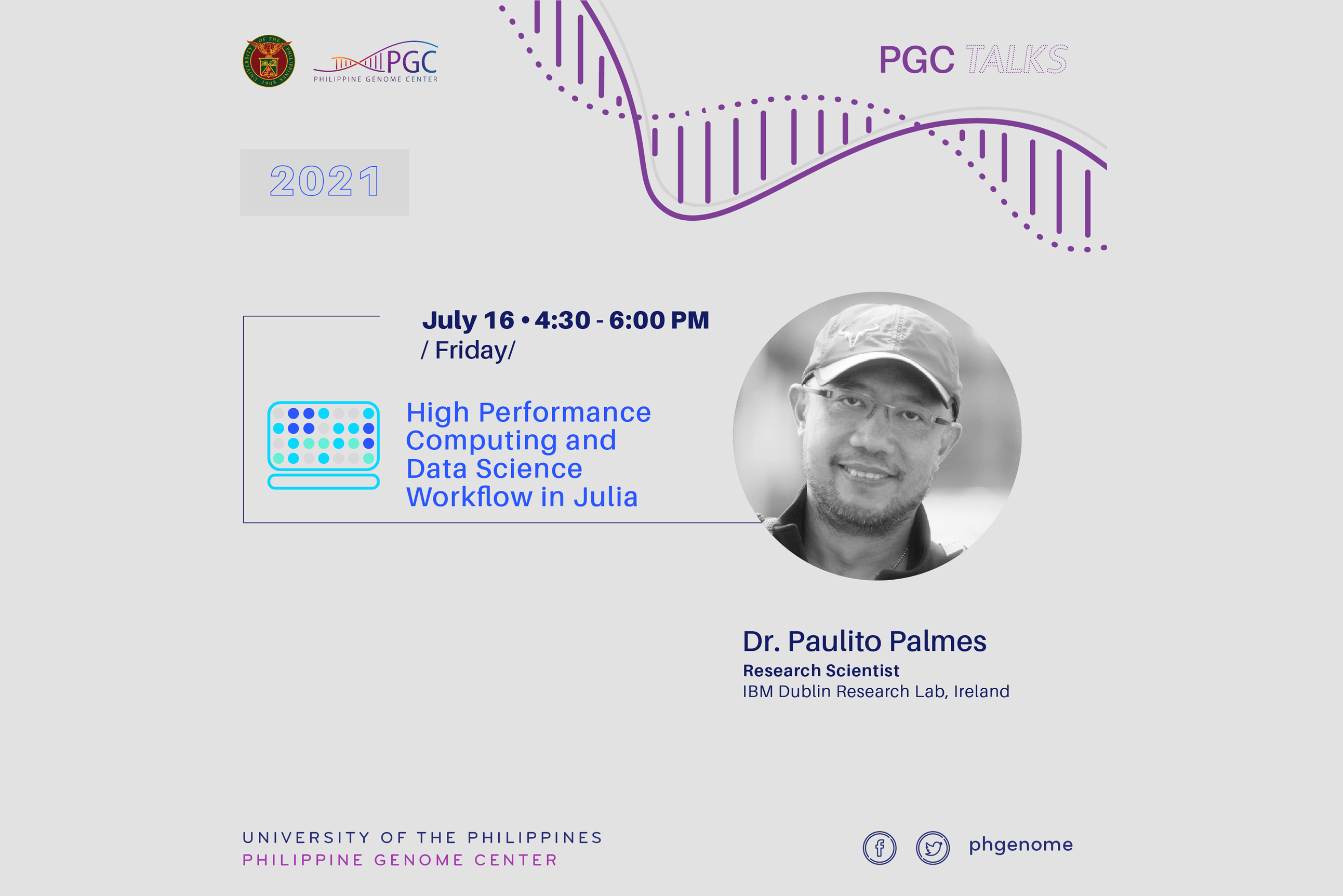The DNA Sequencing Core Facility (DSCF) partnered with Dovetail Genomics to host a webinar featuring resource speaker Dr. Chui Li on July 3, 2024, 1:00 PM – 2:00 PM. Learn more about this talk below: Importance of Chromosomal Scale Genome Assembly Achieving chromosomal-scale genome assembly is essential for unlocking the full potential of plant and animal […]

Webinar: International trends and standards in biobanking
In the second webinar of the Biobanking Core Facility series, “Showcasing Experiences and Best Practices from International Human Biobanks,” guest resource speaker Dr. Zisis Kozlakidis, Head of Laboratory Services and Biobanking at the International Agency for Research on Cancer, World Health Organization (IARC-WHO) will share his expertise through a talk on “International Trends and Standards […]

Register for the Biobanking webinar: Showcasing Experiences and Best Practices from International Human Biobanks
The Biobanking Core Facility is inviting everyone to join the webinar “Showcasing Experiences and Best Practices from International Human Biobanks” on April 8, 2024, Monday at 3:00 PM (Manila Time), and 8:00 AM (Italy Time). With resource speaker Dr. Devis Pascut from the Italian Liver Foundation, the webinar aims to increase awareness and understanding of biobanks […]

High Performance Computing and Data Science Workflow in Julia
HPC and Data Science Workflow in Julia #PGCTalks Date: July 16, 2021, Friday, 4:30-6:00pm This webinar is open to the public and registration is free. Abstract Julia is specifically designed from the start of its conception as a language for high-performance computation but at the same time highly interactive. To achieve this, Julia is one […]

#PGCTalks to feature topics on COVID-19 testing, sequencing, and bioinformatics analysis
#PGCTalks is back! The Philippine Genome Center is hosting mini webinar series #PGCTalks featuring various PGC experts and will cover topics on DNA sequencing, bioinformatics analysis, and testing related to COVID-19.

Genomic Studies for Otitis Media
Previously within an indigenous Filipino community with a ~50% prevalence of otitis media, we identified an A2ML1 mutation that confers a high risk of otitis media susceptibility and influences the relative abundance of specific bacterial taxa within the middle ear.

Cataloging planetary biodiversity
The Centre for Biodiversity Genomics (CBG) is a research organization dedicated to furthering our understanding of the world’s fauna and flora. Through a variety of approaches, researchers at the institute are discovering, cataloging, and describing biodiversity. DNA barcoding, an innovative technique developed at CBG, utilizes DNA sequencing technology for species identification.

Systems Biology to Overcome TRAIL Resistance in Cancer Treatment
Over the last decade, our research team has investigated the dynamic responses and global properties of living cells using systems biology approaches. More specifically, we have developed computational models and statistical techniques to interpret instructive cell signaling and high-throughput transcriptome-wide behaviors of immune, cancer, and embryonic development cells.

SBML (the Systems Biology Markup Language) and related resources for computational systems biology
Computational modeling allows biologists to create formal models of cellular phenomena that can be simulated, analyzed and compared to experimental data. Biologists today have at their disposal a wide range of software tools for their modeling efforts. The wealth of resources is a boon to researchers, but it also presents interoperability problems.

Garuda Platform – Re-imagining connectivity in medicine
With the explosion of data in different dimensions of drug discovery, biomedicine and healthcare, a key challenge is the ability to connect the disparate data sources, discover the right analytics tools for a specific analysis and navigate through inter-operable analytics to provide executable insights.

